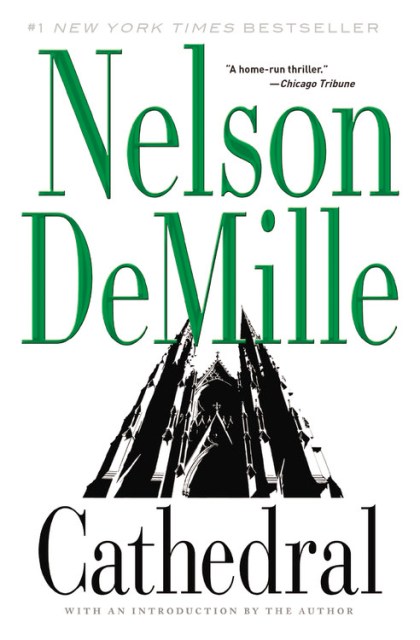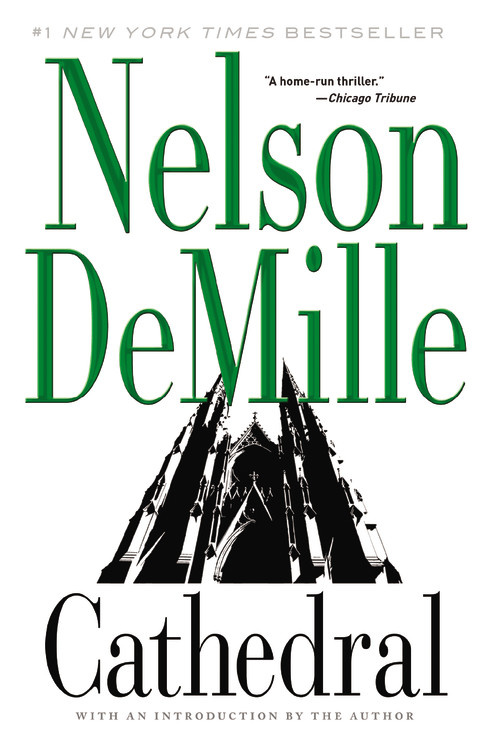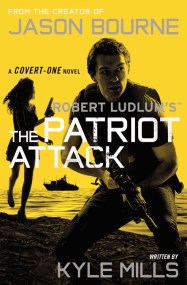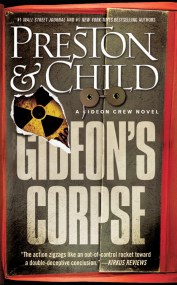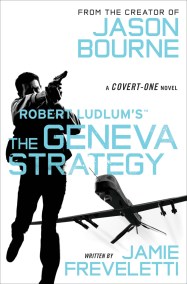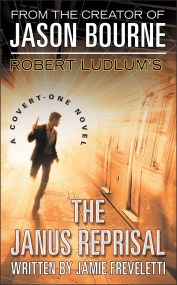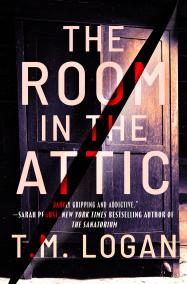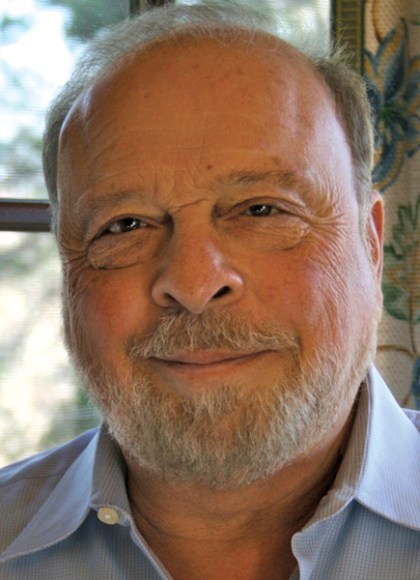By clicking “Accept,” you agree to the use of cookies and similar technologies on your device as set forth in our Cookie Policy and our Privacy Policy. Please note that certain cookies are essential for this website to function properly and do not require user consent to be deployed.
Cathedral
Contributors
Formats and Prices
- On Sale
- Oct 27, 2015
- Page Count
- 656 pages
- Publisher
- Grand Central Publishing
- ISBN-13
- 9781455581764
Price
$19.99Price
$24.99 CADFormat
Format:
- Trade Paperback $19.99 $24.99 CAD
- ebook $9.99 $12.99 CAD
- Audiobook Download (Unabridged)
- Trade Paperback (Large Print) $36.99 $46.99 CAD
This item is a preorder. Your payment method will be charged immediately, and the product is expected to ship on or around October 27, 2015. This date is subject to change due to shipping delays beyond our control.
Buy from Other Retailers:
St. Patrick’s Day, New York City. Everyone is celebrating, but everyone is in for the shock of his life. Born into the heat and hatred of the Northern Ireland conflict, IRA man Brian Flynn has masterminded a brilliant terrorist act – the seizure of Saint Patrick’s Cathedral. Among his hostages: the woman Brian Flynn once loved, a former terrorist turned peace activist. Among his enemies: an Irish-American police lieutenant fighting against a traitor inside his own ranks and a shadowy British intelligence officer pursuing his own cynical, bloody plan. The cops face a booby-trapped, perfectly laid out killing zone inside the church. The hostages face death. Flynn faces his own demons, in an electrifying duel of nerves, honor, and betrayal.
Newsletter Signup
By clicking ‘Sign Up,’ I acknowledge that I have read and agree to Hachette Book Group’s Privacy Policy and Terms of Use
